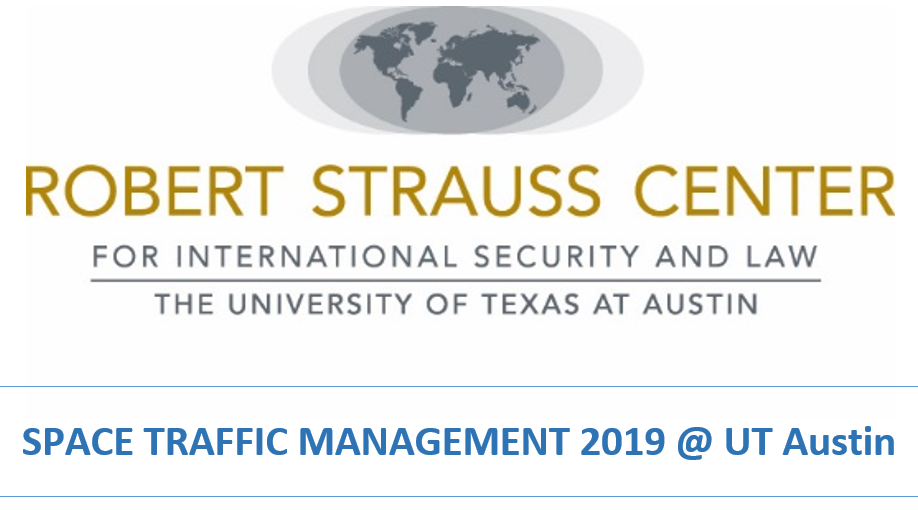Location
Bass Auditorium
Start Date
27-2-2019 10:45 AM
Abstract
Human ingenuity and creativity is said to be one of the most powerful forces on Earth. Money is and historically has been a universal motivation for human ingenuity and creativity. Outer space is not an exception to this historical trend. It is common knowledge that private sector investment in outer space ventures is escalating and this investment is the engine generating the current resurgence in space ventures. The private investments in outer space are principally directed toward resource extraction, space tourism, and other activities which hold the promise of future financial returns on the investments. Noticeably, we do not hear of private sector actors investing their funds in space ventures involving the active removal of space debris, as opposed to developing technologies to capture space debris. The absent of significant private investment in active debris removal appears to flow from the fact that "there is no profit in it." Accordingly, monetizing space debris removal can serve as a potential catalysis for focusing private sector creativity and ingenuity on active debris removal.
While there are various means for monetizing space debris removal, one such avenue involves establishing a financial incentive through the extension of tax credits. While taxation associated with debris removal has generally focused on the government imposing a tax to finance debris removal efforts, that approach essentially negates private sector ingenuity. This paper will examine and explore how tax credits, rather than deductions, may spur private interest, investment, and ingenuity in active debris removal.
Area of Interest
Space Situational Awareness
Biographies
Tax Credits Presentation. update.02.24.19.pdf (162 kB)
PPT in PDF format
Tax Credits Presentation. update.02.24.19.pptx (243 kB)
Original PPT
PPT in PDF format
Tax Credits Presentation. update.02.24.19.pptx (243 kB)
Original PPT
Feb 27th, 10:45 AM
Monetizing Space Debris: Getting Tax Credits On Board
Bass Auditorium
Human ingenuity and creativity is said to be one of the most powerful forces on Earth. Money is and historically has been a universal motivation for human ingenuity and creativity. Outer space is not an exception to this historical trend. It is common knowledge that private sector investment in outer space ventures is escalating and this investment is the engine generating the current resurgence in space ventures. The private investments in outer space are principally directed toward resource extraction, space tourism, and other activities which hold the promise of future financial returns on the investments. Noticeably, we do not hear of private sector actors investing their funds in space ventures involving the active removal of space debris, as opposed to developing technologies to capture space debris. The absent of significant private investment in active debris removal appears to flow from the fact that "there is no profit in it." Accordingly, monetizing space debris removal can serve as a potential catalysis for focusing private sector creativity and ingenuity on active debris removal.
While there are various means for monetizing space debris removal, one such avenue involves establishing a financial incentive through the extension of tax credits. While taxation associated with debris removal has generally focused on the government imposing a tax to finance debris removal efforts, that approach essentially negates private sector ingenuity. This paper will examine and explore how tax credits, rather than deductions, may spur private interest, investment, and ingenuity in active debris removal.










Comments
Visit the panel session Governance Panel